
14 Lesson Ideas to Use with Mo Willems' Elephant and Piggie Books.
Mo Willems authors an AMAZING series of 25+ books for early readers starring Elephant and Piggie characters. Written in comic book style, these books show conversations of friendships and feelings and problem solving. This article delves into some of the teaching concepts revealed in these great stories. Then you can create customized visuals to use with your favorite Elephant and Piggie Stories. Play games with story vocabulary, hunt for common sight words, act out stories with stick puppets, or write a possible ending to a story problem.
Upload photos of the illustrations to use lesson activities. For example, sequence scenes from the beginning, middle, and at the end.
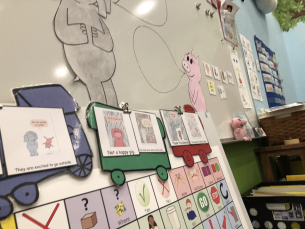
1. How to Play
Elephant and Piggie show us fun ways to play with a friend. Explore how these great friends play together. Do you play differently inside than outside?
In the book, "I Am A Frog", Piggie shows Gerald how to pretend. After reading this book, pretend to be different animals. Pick a card and show how the animal moves. Play a game of charades (guess the animal), or play Headbandz with different animals.
Here are some books that model play skills.
- "I Am A Frog" - This story teaches the word, "pretend" as Piggie shows he is pretending to be a frog.
- "I Love My New Toy" - Gerald and Piggie try to figure out how to play with a new toy. Throwing toy?
- "Are You Ready To Play Outside?" - The friends learn they can run, skip, and jump outside, even in the rain!
- "I Will Surprise My Friend" - Elephant and Piggie see how two squirrels play and try to do the same. "Next time, we'll just play tag."
- "I Am Going" - Piggie is Going. Who will Gerald skip with? play ping pong with? wear a silly hat with?
- "Can I Play Too?" - Gerald will throw and Piggie will catch. How can they play catch with a snake?
- "Let's Go For A Drive" - Friends show imagination pretending to drive.
Role play playing scenarios and how to play with a friend. Talk about types of play and games with rules. What are the rules for a game of Dots and Boxes?
Here are some activities to help teach play skills.
2. Try and Persevere
Elephant and Piggie teach the importance of trying, and not giving up.
- "Elephants Cannot Dance" - Piggie offers to teach Gerald to dance. Elephants can't dance, but they can TRY.
- "Today I Will Fly" - Gerald tells Piggie that he will never fly, but PIggie will try.
- "I'm A Frog" - Piggie asks, "Do you want to try it Gerald?" He can try to pretend to be a frog.
- "There is a Bird On Your Head" - Gerald will try asking instead of just complaining.
- "I Love My New Toy" - Piggie lets Gerald try out his new toy. "Here - try it!"
- "Can I Play Too?" - Friends try again and again to find ways to play catch with a snake.
Teaching students to perservere is a challenging task. Look for inspirational non-fiction stories of people who overcame difficult challenges. Here are some ideas to promote "trying" from the Sharing Center.
Can you make Gerald or Piggie? You can TRY!
3. Concept of Not
Some students can be taught and modeled the concepts of "not" and/ or opposites. It may be especially helpful to model "not" with students who use a communciation board as a way of expressing perosnal opinions.
Elephant and Piggie books model "not" in many of their stories.
- "Are You ready to Play Outside?" - Piggie does not like rain.
- "Today I Will Fly" - Gerals says that Piggie will not fly today, not fly tomorrow, and not fly next week.
- "My Friend is Sad" - Gerald points out that Piggie was not there to share cool experiences. He missed his friend.
- "I Will Surprise My Friend" - Looking for their friend, not here... not there.
- "Pigs Make Me Sneeze" - Gerald says "We cannot be friends", "do not speak", he's "not okay" and "do not think".
- "I Am Going" - Gerald tells Piggie she cannot go, must not go, and that he will not let Piggie go.
- "Should I Share My Ice Cream" - It will not be easy for Gerald. Piggie is not here. She does not know about the ice cream.
- "Listen to My Trumpet" - The characters say things like, "do not move", "that was not right", and "not music".
- "A Big Guy Took My Ball!" - A whale took the ball. It was not good. It was not right.
- "Waiting Is Not Easy" - Gerald cannot wait. The surprise was not here yet. When it was dark, they could not see each other.
Here are some activitie to help teach the concepts of "not".(Click on the image to see how to use this material and download.)
Mo Willems rarely uses contractions. What words can you combine with "not" to make a contraction? Do you know other contractions?
4. Concepts of Time
Mo Willems trickles in concepts of time in his fun books. Charaters model words such as before, now, and later. They mention time words of today, tomorrow, next week, month, and year. Characters use verb tenses to illlustrate when something happened or will happen.
- "I Am Going" - Elephant and Piggie agree: Today is a good day. Yesterday was a good day too. But when Piggie says she is going, Gerald insists, "go later", "go tomorrow", "go next week", "go next month", and "go next year!" Piggie replies that she is going now.
- "My Friend is Sad" - Shows the concept of "now" and "before"
- "Today I Will Fly" - "You will not fly today". "You will not fly tomorrow"
- "I'm A Frog" - Piggie says she was a pig, now is a frog. When did she become a frog? "About 5 minutes ago".
- "Waiting Is Not Easy" - Waiting. Gerald thinks they wasted the whole day. At the end, he states "tomorrow morning, I will show you the sunrise".
Here are some activities that relate to concepts of time. (Click on the material to learn more and download.)
5. Feelings
Mo Willems books are filled with expressive illutrations showing a range of feelings in both facial expressions and body language. As you read a story, stop and consider how each character feels. Note when the characters may have different feelings and reactions to the same thing.
Print 2 copies of the Elephant and Pig feelings cards to play matching games and talk about feelings.
Here are Elephant & Piggie books that deal with strong feelings.
- "My Friend Is Sad" - Gerald is Sad and Piggie wants to make him happy.
- "I Love My New Toy" - Piggie is mad and sad when Gerald breaks his toy.
- "Elephants Cannot Dance" - Gerald is sad when he has trouble learning to dance.
- "Today I Will Fly" - Look at Piggie's reaction when Gerald yells, "You will never fly!".
- "Watch Me Throw the Ball" - This story shows more complex feelings of Piggie bragging and showing off and Gerlad getting impatient.
- "Pigs Make Me Sneeze" - Gerald is so sad. They think they would have to be apart forever! Then Gerald is so happy to learn he is sick. Is Piggie happy she is sick?
- "Should I Share My Ice Cream" - Gerald considers the right thing to do, and Piggie shows him.
- "Happy Pig Day" - Piggie is so happy, but Gerald is worried.
- "A Big Guy Took My Ball!" - Piggie is so upset a big guy took his ball.
- "I Will Take A Nap" - Gerald is happier when he is rested. He is not happy; he is cranky.
There are thousands of great activities about feelings in the LessonPix Sharing Center. Here are just a few to use with these stories.
Draw feelings faces on pink and grey balloons!
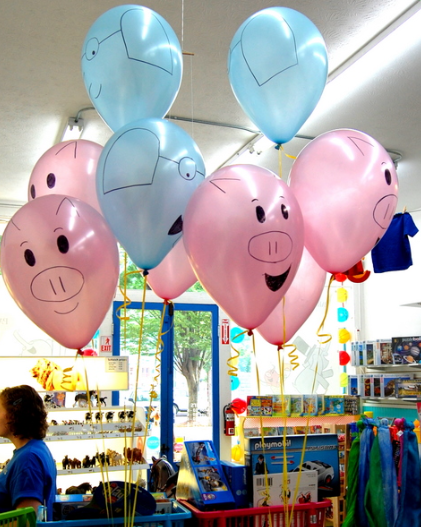
6. Size
Elephant and Piggie often look at the size of things and compare: bigger and smaller.
- "I Really Like Slop" - Gerald takes just a small taste
- "A Big Guy Took My Ball!" - A big guy is bigger than Gerald.
- "The Thank You Book" - Piggie give a big thank you.
Here are some size comparison activities:
"A Big Guy Took My Ball" is a great story for teaching comparatives and perspectives.
And throughout all of the books, consider the size of the problem. It seems Gerald makes a big deal out of problems.
7. Wait
Waiting is a skill that takes time and maturity. These stories use the word, "wait" in a variety of different contexts.
- "Waiting Is Not Easy" - Gerald has to wait for it.
- "I Am Invited to a Party" - Gerald and Piggie discuss, "Wait! What if it is a fancy party?", "Wait! - pool party?", "Wait! - costume party?". Why do they say "wait"?
- "I Am Going" - Gerald begs Piggie to wait and go later.
- "Should I Share My Ice Cream" - Gerald stops himself from eating ice cream
- "Listen to My Trumpet" - Something is not right with Piggie's trumpet. "Wait. That was not right."
- "Let's Go For A Drive" - Gerald says "wait" a lot in this story. "Wait, we need a plan!" "Wait, it might be sunny!" "Wait, It might rain!" "Wait, we have so much stuff to pack!" "Wait, a lot of driving!"
Here are visuals and activities to help teach students the concept of waiting.
8. Positions and Prepositions
Working on positions or prepositions? Elephant and Piggie model for young readers. For example, after reading Elephants Cannot Dance, kids can create their own dance moves and write them down. Play Simon Says or body position Bingo to practice body awareness, motor planning, and listening.
Here are some great Elephant and Piggie stories to work on positions and prepositions.
- "Elephants Cannot Dance" - In learning to dance, Gerald and Piggie go up, down, forward, backward, spin, etc.
- "There is a Bird On Your Head" - Bird ON my head, Where do you want them?
- "I Will Surprise My Friend" - Where is Piggie? Where is Gerald? Here, there.
- "Watch Me Throw the Ball" - way over there
- "We Are In A Book" - in
- "I Broke My Trunk" - on
Check out these ideas from the Sharing Center.
Learn how to make your own Elephant and PIggie. Follow these directions from Tombow. Cut out shapes and glue ON the pieces.
9 Inference
Inferencing is a difficult skill to teach and requires many opportunties to practice. As you read Mo Willems' books, you can see clues in illustrations or expressive pauses in the story that show something will happen. As you read, take a pause to guess what may happen next or what could happen.
- "Are You Ready to Play Outside?" - Look at the illustrations to infer what will happen next. A drop of water (rain!) and sun peeking out.
- "I Am Going" - Why does Gerald ask if it is a big lunch?
- "Should I Share My Ice Cream" - What is happening to the ice cream? What will happen next?
- "Happy Pig Day" - Can Gerald celebrate Pig Day?
- "The Thank You Book" - Who do you think Piggie forgot to thank?
Here are some visuals to help teach inferencing skills.
10 Problem Solving
Often in these stories, there is a simple and clear problem that Gerald and/or Piggie must figure out. Together the reader and the characters find a solution(s). Here are some stories that promote problem solving.
- "There is a Bird On Your Head" - Why don't you ask them to go somewhere else?
- "I Love My New Toy" - Gerald and Piggie try to figure out how to play with a new toy.
- "Can I Play Too?" - How can a snake play catch?
- "Let's Go For A Drive" - Piggie solves many problems for their drive.
- "A Big Guy Took My Ball!" - What should Piggie and Gerald do?
Here are some resources to promote problem solving skills.
11 Manners
The characters in these stories model kindness and manners. They say please, excuse me, and sorry in most books.
Look through the books. Can you find examples of good manners? Make a jar and fill with pom poms every time you see an examples of good manners. When the jar is full - celebrate with a dance party, treat, or favorite game.
Here are some books that show positive examples of manners.
- "I Love My New Toy" - Piggie Complements - Nice Throw. Thanks. I am sorry. Friends are more fun than toys.
- "There is a Bird On Your Head" - Try asking. Excuse me. Thank you
- "Watch Me Throw the Ball" - May I throw your ball?
- "Pigs Make Me Sneeze" - Are you okay? Thank you doctor.
- "Can I Play Too?" - a snake asks to play with Gerald and Piggie
- "Should I Share My Ice Cream" - Gerald thinks about his friend and should he share his ice cream?
- "Listen to My Trumpet" - Do you want to listen to my trumpet? Yes please. Gerald finds kind words about Piggie's trumpet to not hurt his feelings.
- "I Will Take A Nap" - Gerald says sorry
- "I Really Like Slop" - Gerald tries Piggie's slop to be nice.
- "The Thank You Book" - Piggie thanks characters from other books.
Here are some materials form the sharing center to teach manners.
12 Question Words
The comic books style of Elephant and Piggie books model turn taking and question - answers speech. Look at the questions posed in the book. In "Waiting is Not Easy", Gerald asks descriptive questions to guess his surprise. "Is it pretty?" "Can we share it?" Make your own guessing game and ask questions to figure it out.
Here are some examples of questions in the books:
- "I Broke My Trunk" - Piggie asks Gerald - How? Why?
- "Should I Share My Ice Cream?" - Gerald grapples with this big question - should he share? Where is Piggie?
- "Can I Play Too?" - A snake asks to play with Gerald and Piggie. But how can he play catch?
- "I Am Going" - Why? Gerald doesn't understand why Piggie is going.
- "I Will Surprise My Friend" - Where is Piggie? Where is Gerald?
- "Waiting Is Not Easy" - Gerald asks descriptive questions to guess his surprise.
- "I Will Take A Nap" - what, when, where, how?
Check out these resources from the Sharing Center.
13 Perspective
Mo Willems does a terrific job showing simple content from different perspectives. And different people may view the same situation differently. For example, some people love to go really fast and others may be too scared.
In "I Will Surprise Me Friend", Gerald and Piggie don't see each other from different sides of a rock. Then their personalities show when they each consider what happened to the other. Gerald worries and Piggie is hungry! Use puppets or props to role play different perspectives from the story.
- "I Will Surprise My Friend" - Gerald and Piggie wonder where their friend is and show their thinking.
- "Watch Me Throw the Ball" - Piggie thought he threw the ball so far, but Gerald knows it went behind him.
- "I Am Going" - Why? Gerald doesn't understand why Piggie is going.
- "We Are In A Book" - Mo Willems includes the reader as a character as Gerald and Piggie have fun with the reader.
- "Should I Share My Ice Cream" - - Gerald considers how Piggie is feeling.
- "Listen to My Trumpet" - Gerald thinks Piggie is bad at playing music, but Piggie is trying to speak elephant!
- "A Big Guy Took My Ball!" - Elephant is a big guy. But a whale is bigger.
- "My New Friend Is So Fun!" - Gerald and Snake consider how their best friends are doing together.
- "I Will Take A Nap" - Gerald does not feel rested, but Piggie does.
- "I Really Like Slop" - Piggie likes slop. Does Gerald?
Here are some ideas to promote the concept of perspectives and differences.
14. Sight Words / Core Words
Core vocabulary words are the most common words used in language. (Learn more about core) Many of these core words are sight words - words used so frequently that we can read them at a quick glance. (will, you, go, with, me) Because Mo Willems uses simple speech and few words per page, you can easily spot these common words in the story.
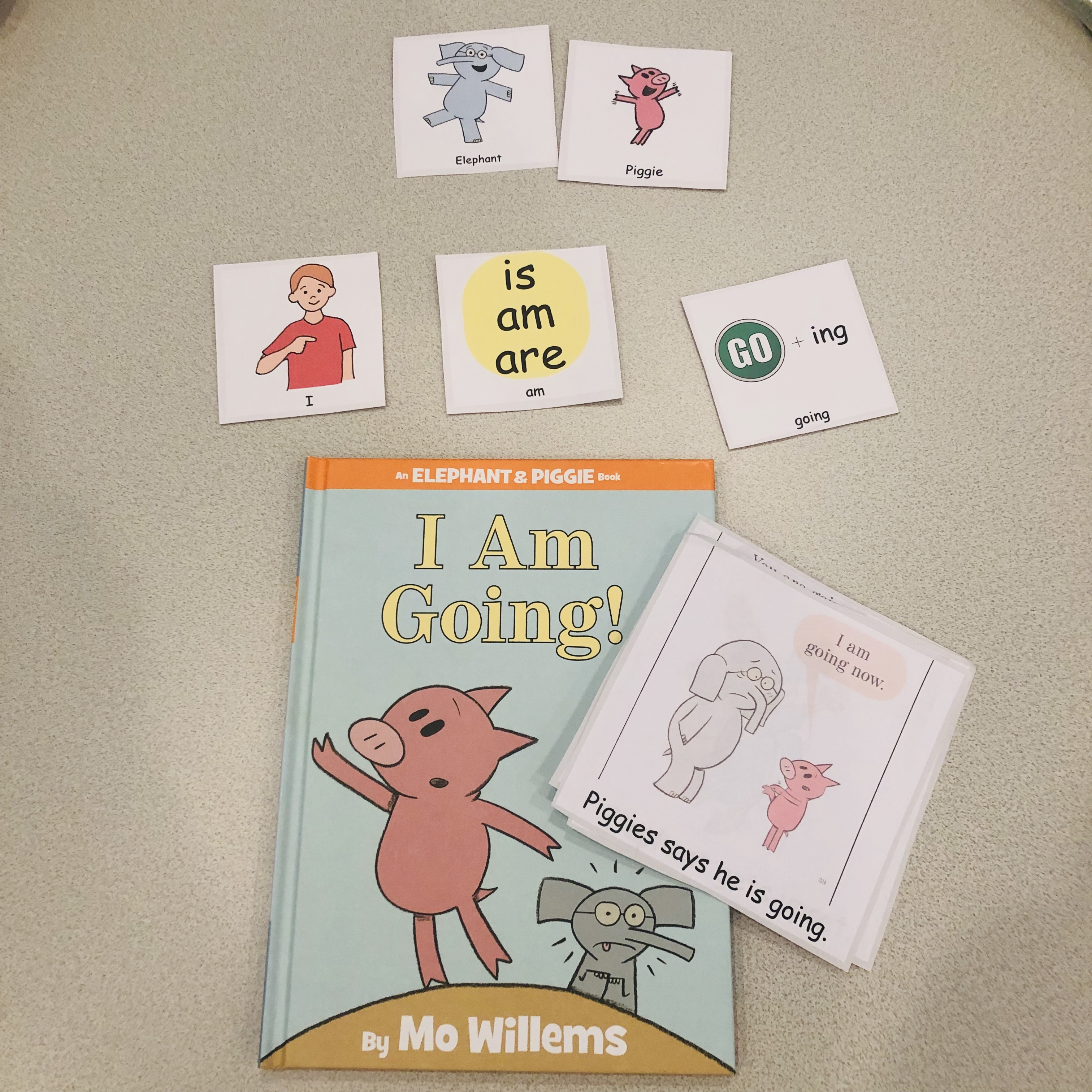 Here are just a few books and focus core words.
Here are just a few books and focus core words.
- "I Am Going" - go
- "Can I Play Too?" - can, play
- "I Love My New Toy" - What are you doing? look, do,
- "I Am Invited to a Party" - look, go with me,
- "I Will Surprise My Friend" - go, here, not
Students with speech and/or language delays benefit from a core board. The type of core board varies according to the level and needs of the children. Here is a free sample.
When teaching core vocabulary, focus on 1-2 words and build from there. For example: While reading "I Am Going", focus on the word "Go". ("ready to start reading? let's go!") Then ephasize "go" throughout the day. ("let's go eat", "go to the bathroom", "go outside", "ready, set, go!"). Play with toy cars or make a electronic toy, "go!". Play read light, green light as stop and go.
Mo Willems does an amazing job with all of his books. And there are so many more fun ways to explore and learn early concepts. With the help of Elephant and Piggie, children can grow and learn and enjoy friendships.
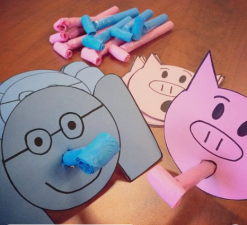
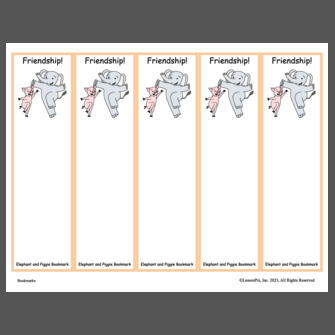
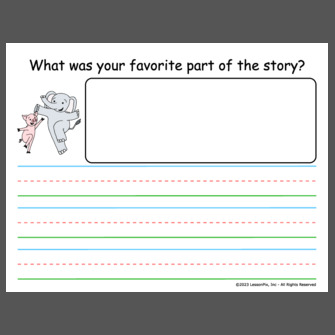
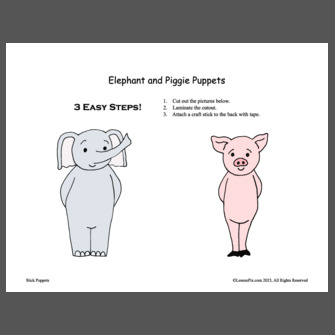
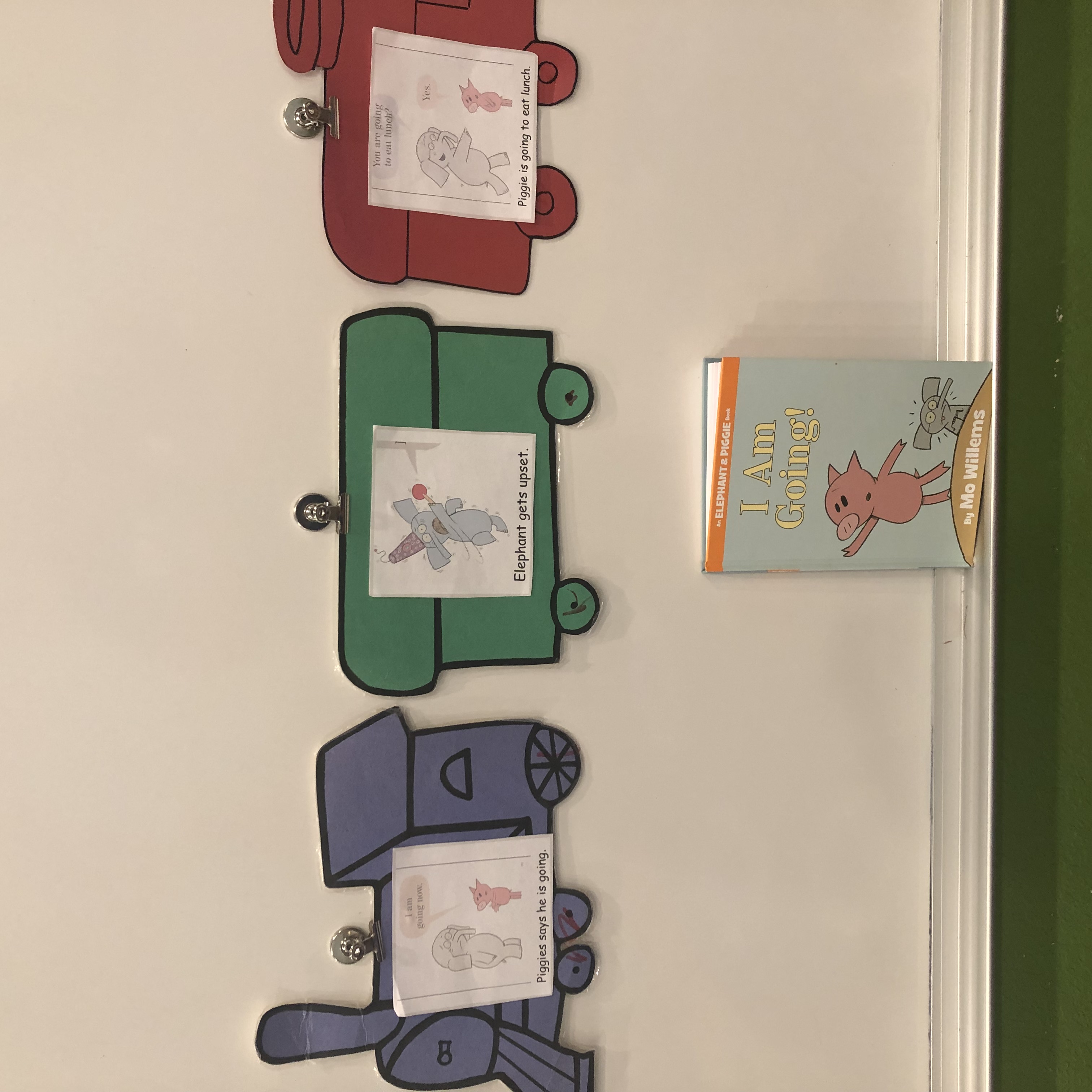
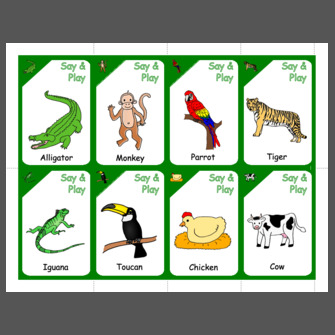
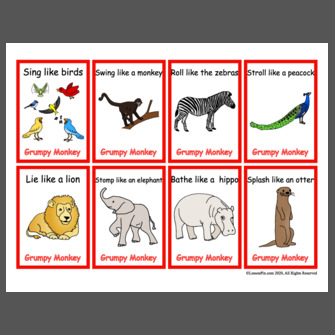
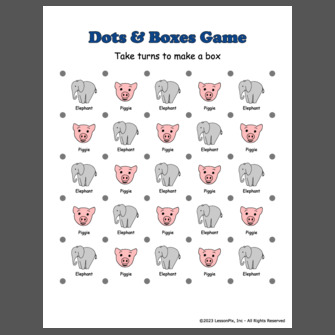
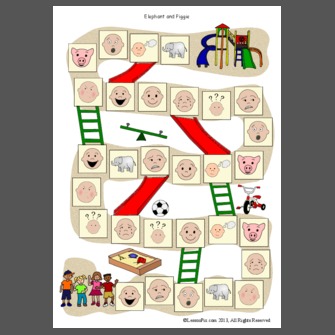
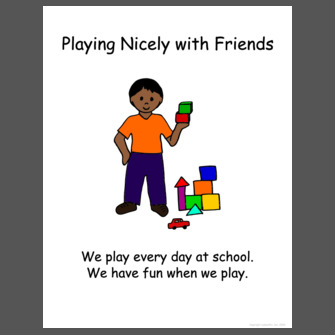
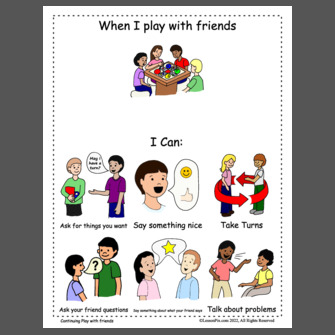
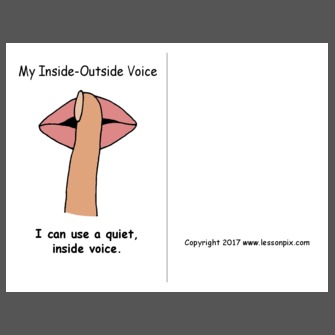
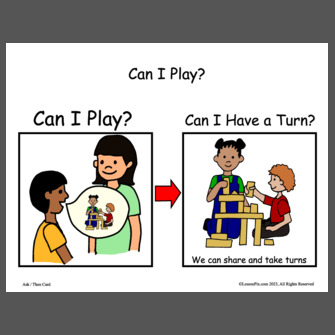
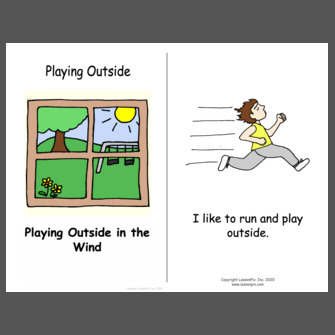
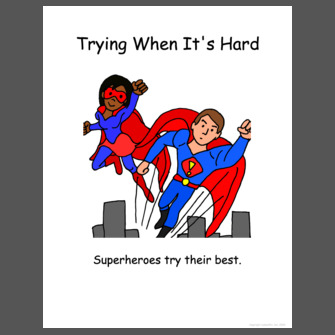
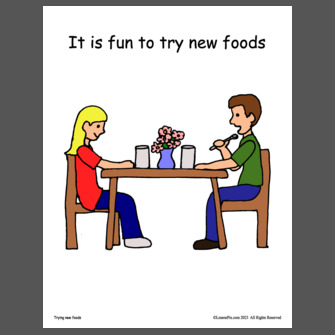
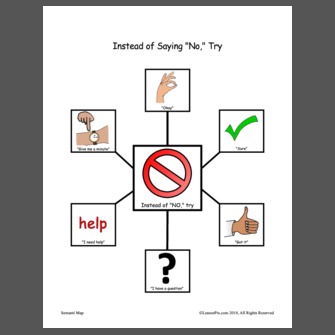
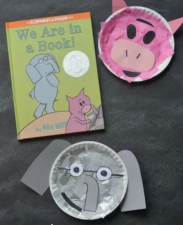
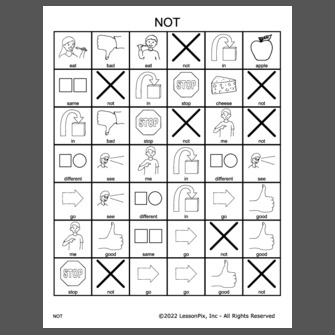
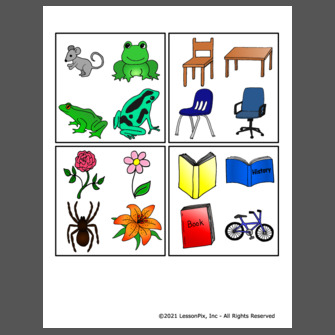
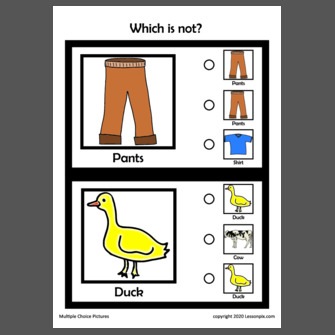
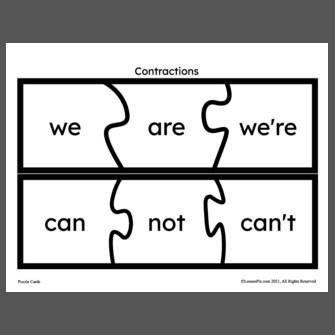
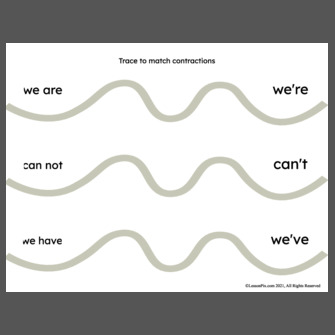
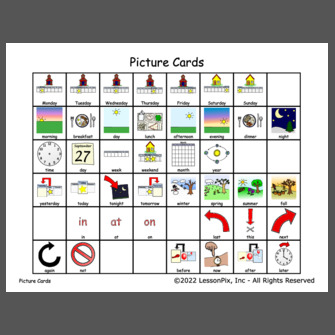
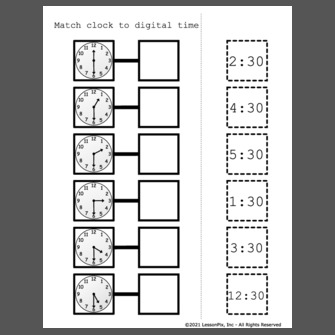
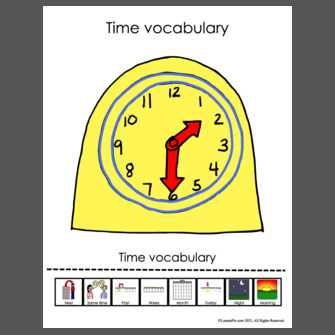
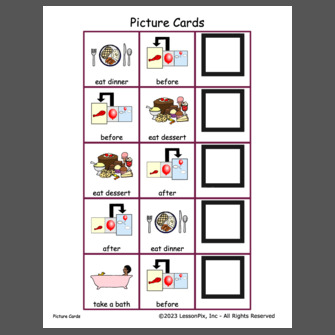
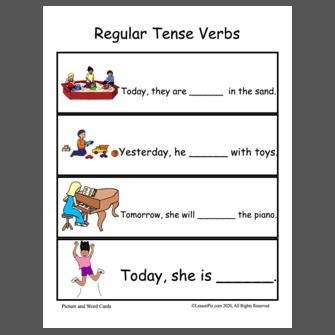
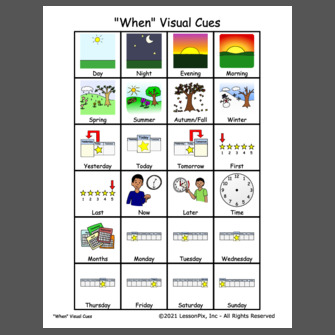
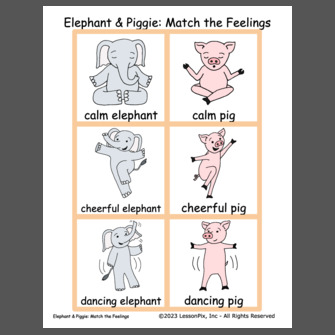
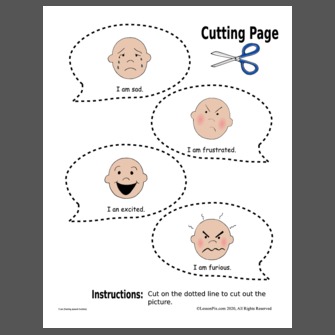
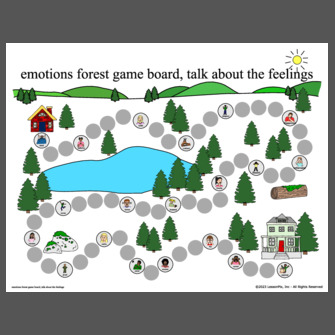
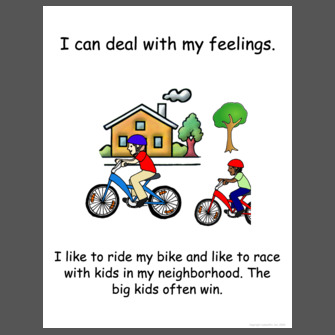
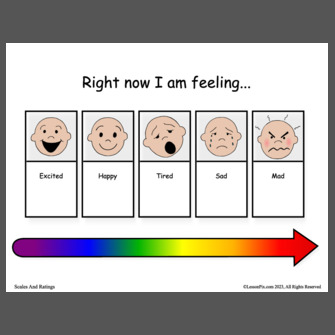
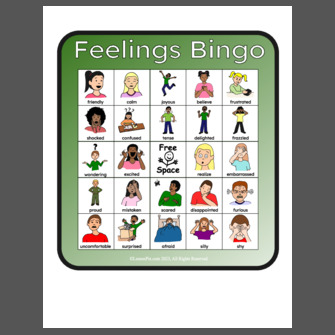
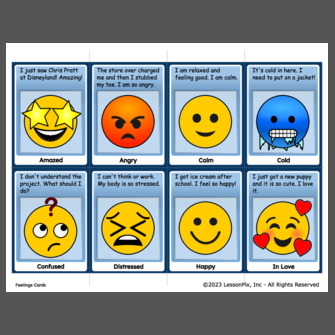
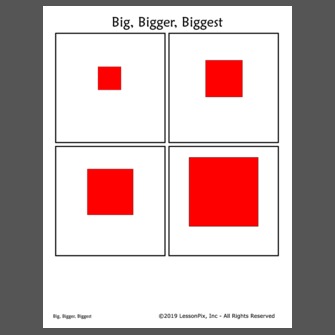
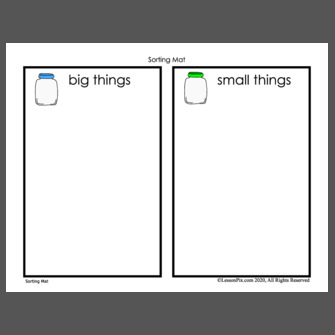
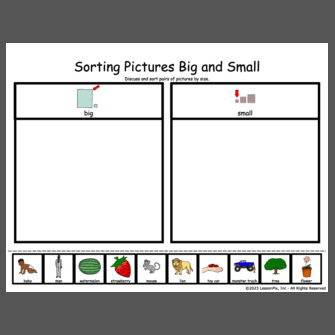
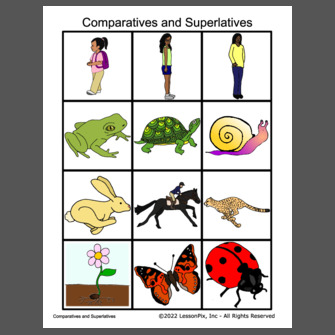
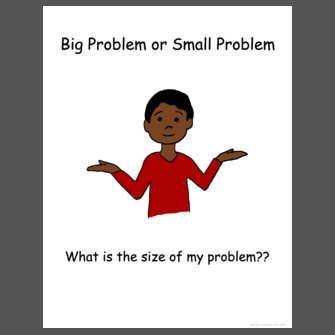
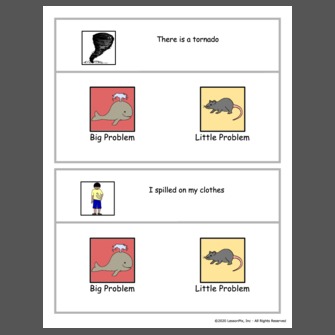
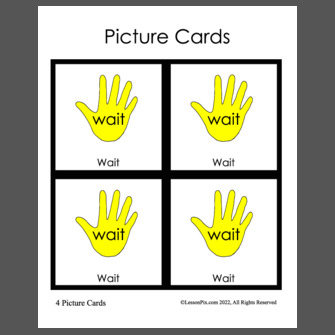
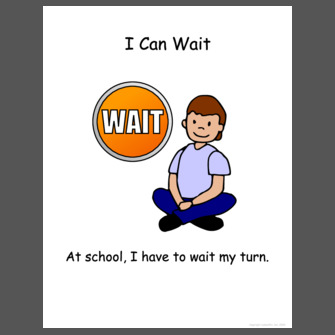

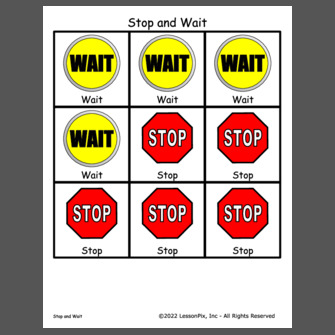
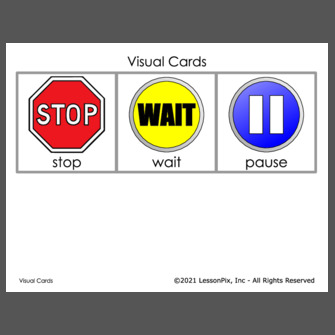
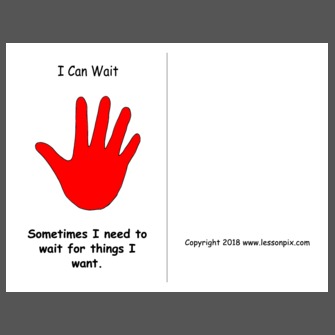
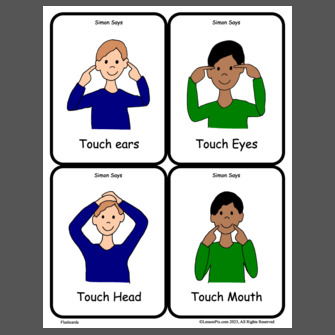

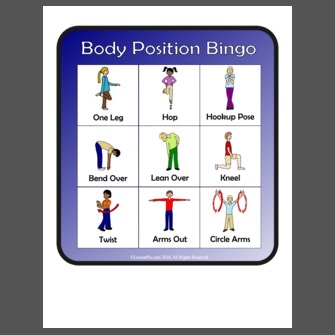
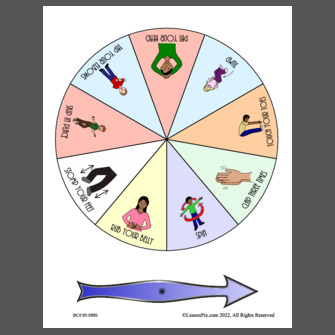
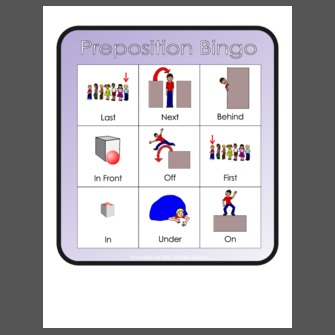
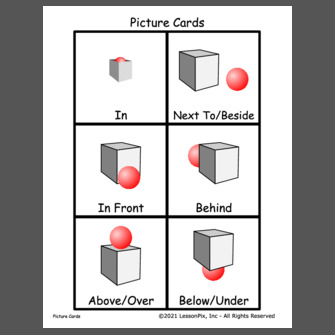
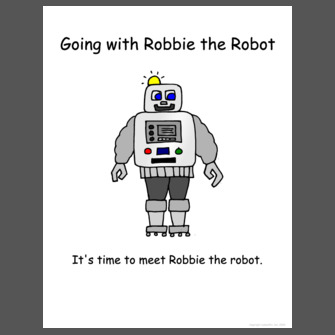
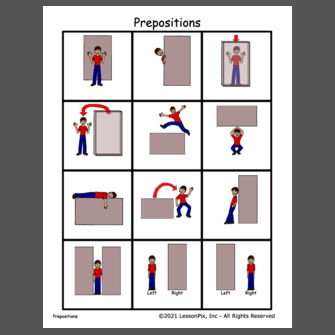
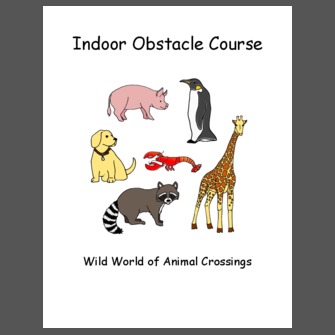
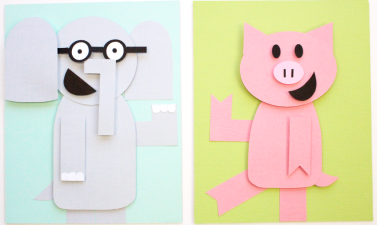
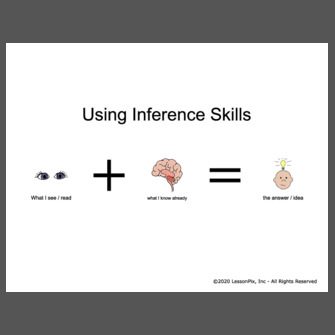
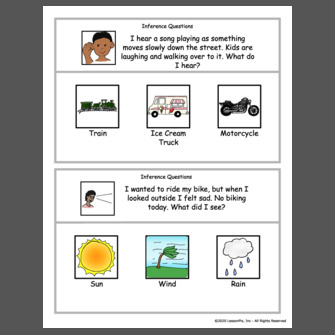
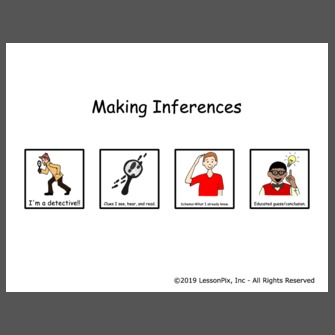

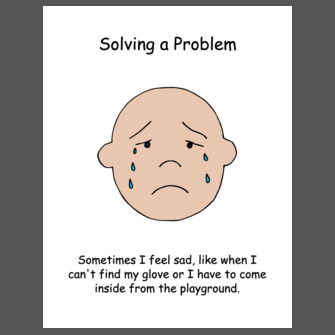
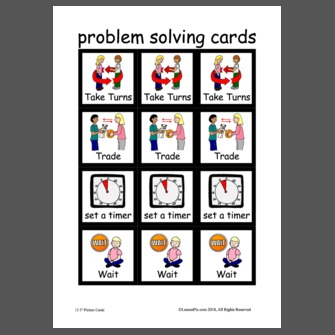
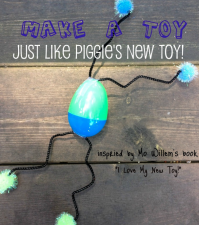
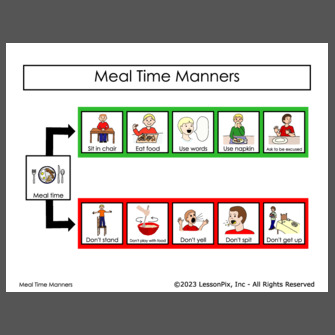
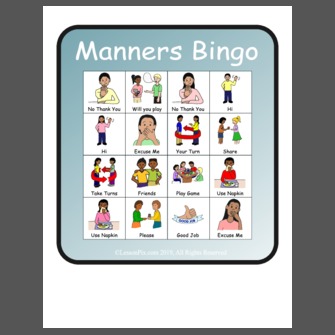
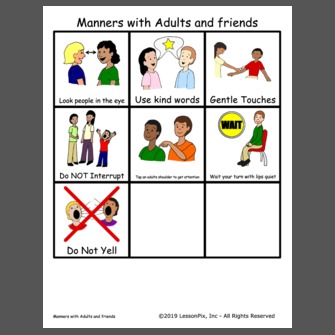
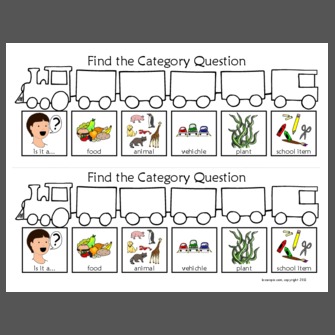
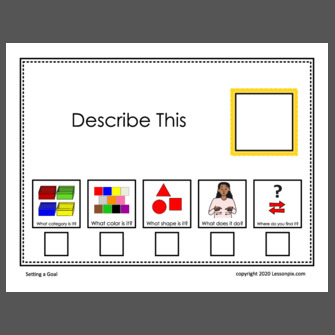

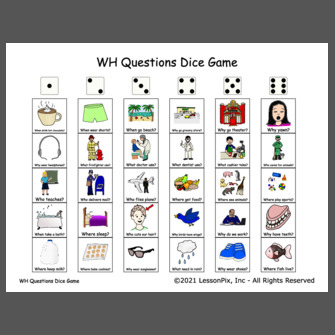
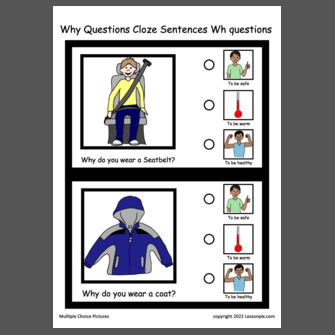
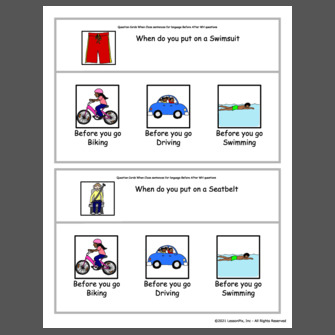
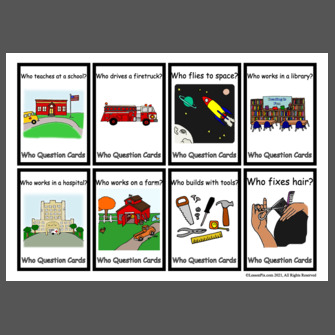
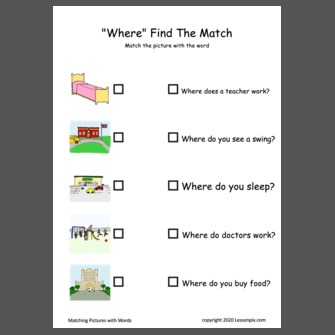
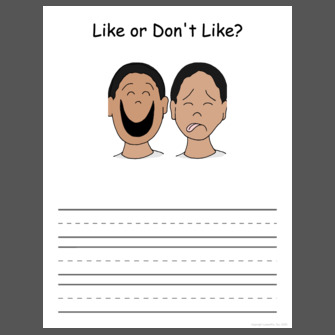
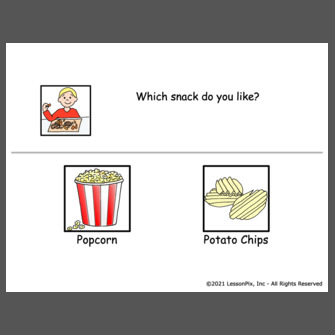
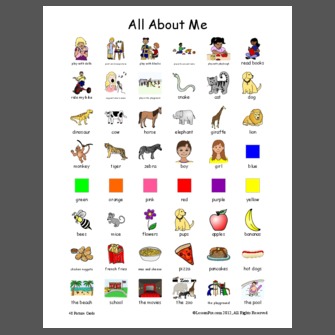
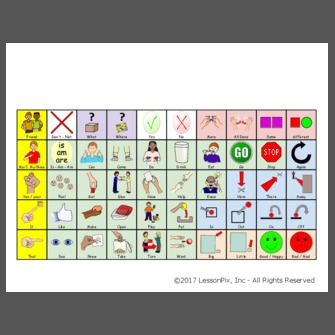

 Facebook
Facebook Twitter
Twitter Pinterest
Pinterest